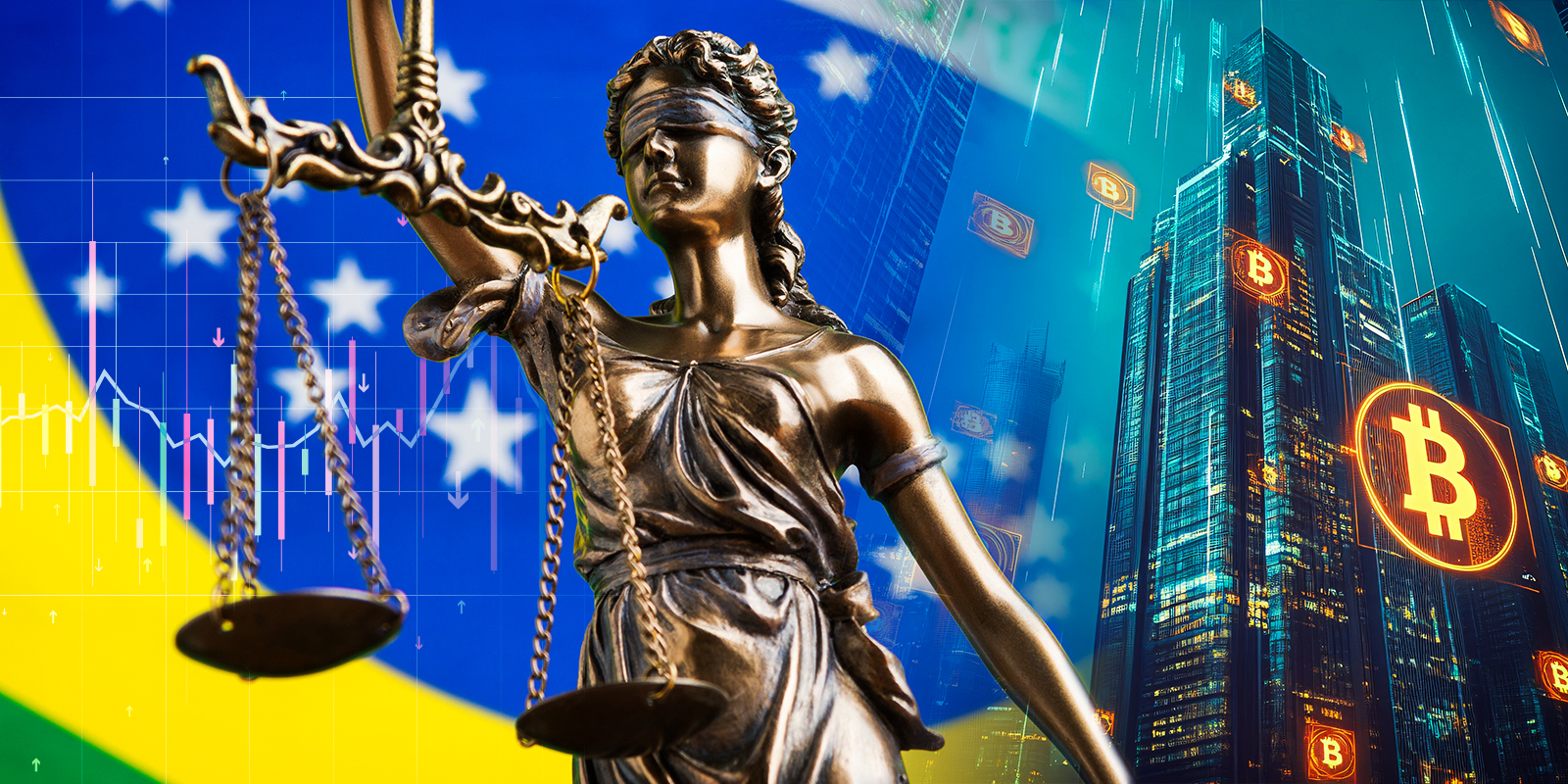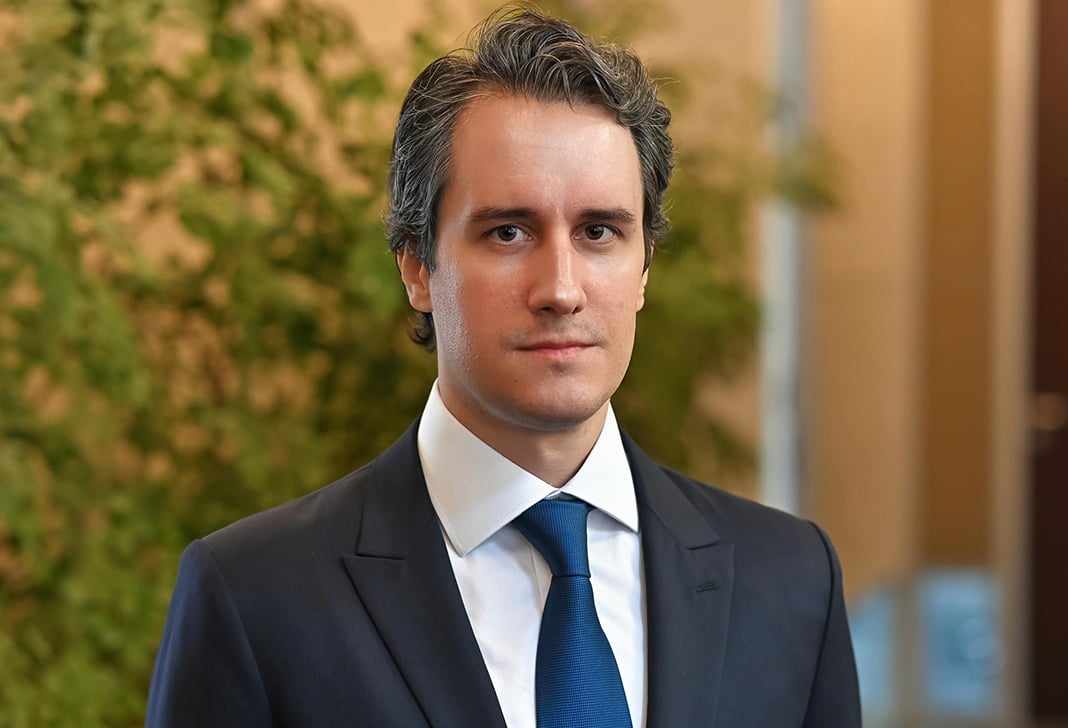
Brazilian Superior Court Greenlights the Seizure of Cryptocurrency in Enforcement Proceedings
In a recent decision, the Brazilian Superior Court of Justice ("STJ") held that cryptocurrency is a financial asset with "economic value" and subject to seizure in enforcement proceedings.
On February 17, 2025, the STJ—the highest Brazilian court for non-constitutional matters—unanimously granted a creditor's appeal seeking to reverse prior lower court decisions and allow Brazil's lower courts to subpoena crypto exchanges to trace and seize cryptocurrency potentially held by a debtor.
After failing to identify a debtor's traditional financial assets through the lower court's online asset tracing system (used in enforcement proceedings), a creditor asked the court to subpoena various crypto exchanges in order to trace digital assets potentially held by the debtor. The request was denied by the lower court due to the lack of regulation of digital assets in Brazil, and the uncertainty surrounding the issue of whether those assets can be converted into traditional currency. This decision was upheld on appeal by the State of São Paulo Court of Appeal, which held that "in addition to not having any guarantee of conversion into legal tender, [cryptocurrency] does not even have any collateral, being, therefore, unenforceable." Subsequently, the Court of Appeal decision was overturned by the STJ.
The STJ held that cryptocurrency is "subject to taxation […] and an asset with economic value, subject to seizure" and that consequently "issuing subpoenas to crypto exchanges and using investigative measures to access digital wallets […] for potential seizure" should be permitted. The STJ further noted that this holding aligns both with a bill of law currently pending before Congress aiming to amend Brazilian procedural law to expressly permit the seizure of cryptocurrency, and with a Brazilian National Council of Justice initiative to develop a crypto-focused online asset tracing system for the Brazilian courts. The STJ decision was not appealed by the debtor with the result that it became res judicata on April 1, 2025.
The STJ decision is technically not, given Brazil is a civil law jurisdiction, binding on the country's lower courts. It nevertheless constitutes, given the STJ's constitutional role of standardizing the legal interpretation of the country's federal laws, persuasive authority. Accordingly, this decision is relevant for both those seeking to enforce debt judgments locally in Brazil and foreign creditors pursuing global asset tracing strategies. As concerns foreign creditors, the Brazilian courts' willingness to trace and seize cryptocurrency shows they are not inclined to allow debtors to shelter assets from debt seizures through the purchase of cryptocurrency, positioning Brazil as a pro-creditor jurisdiction when it comes to the enforcement of foreign arbitral awards and court judgments. Conversely, the STJ's formal recognition that cryptocurrency is a financial asset gives greater certainty to debtors wishing to use such assets as collateral.









